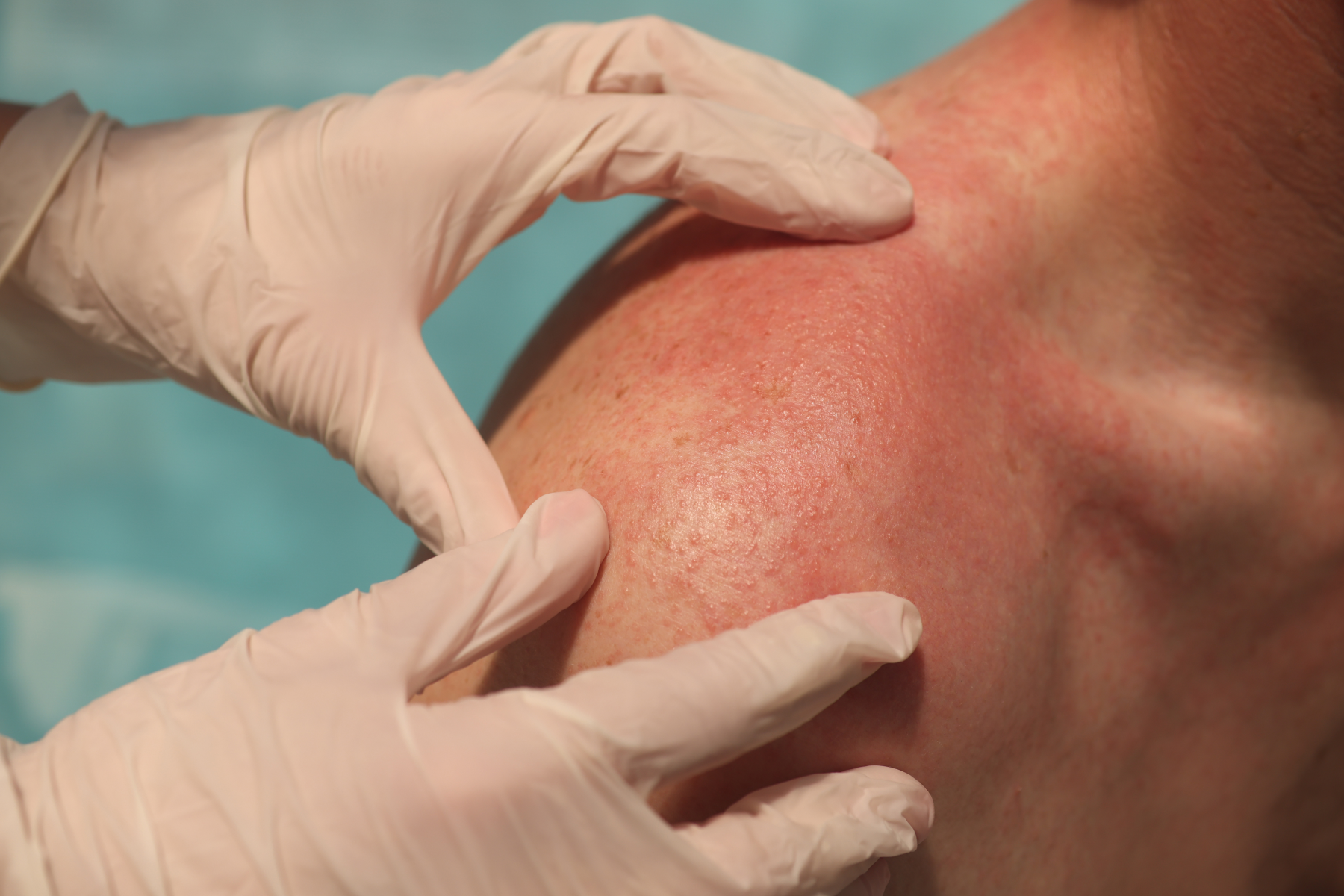Popular
Common Questions About Poison Ivy
Published January 1, 2022
Updated August 21, 2024
Popular
Published January 1, 2022
Updated August 21, 2024

Oh, the itching. Here’s what to know about poison ivy symptoms and how to treat them.
Poison ivy is a plant that causes an itchy skin rash. You get symptoms when your skin touches the oil that’s in poison ivy leaves, roots, and stems.
Once the oil gets on your skin, it might be 4 hours to 4 days before symptoms show up. Symptoms hit their peak 1 to 14 days after contact with poison ivy.
No. It’s just that some parts of your body may be slower to react to the poison ivy oil, so the rash shows up later. That can happen wherever you have thicker skin or get less oil on you.
Poison ivy will go away on its own in about 1 to 3 weeks, but there are things you can do to feel more comfortable in the meantime.
First of all, go easy when you clean areas of your body affected by poison ivy. Use mild soap that doesn’t have scents or perfumes (eczema soaps can be great).
For the itchiness, try calamine lotion or an oatmeal bath. If it’s really bad, use an over-the-counter steroid cream, as directed on the label.
If your symptoms keep you up at night, take 25 mg to 50 mg of Benadryl. If sleep isn’t a problem, take 10 mg of Zyrtec during the day.
Not usually. The medications and treatments we suggest above should do the trick. The only time you need something stronger is if you get it on your face or genitals (private parts). In that case, the swelling — not the rash itself — can cause problems and we’d prescribe a steroid you take by mouth. But those steroids are strong and can have side effects, so you only get them when you really need them.